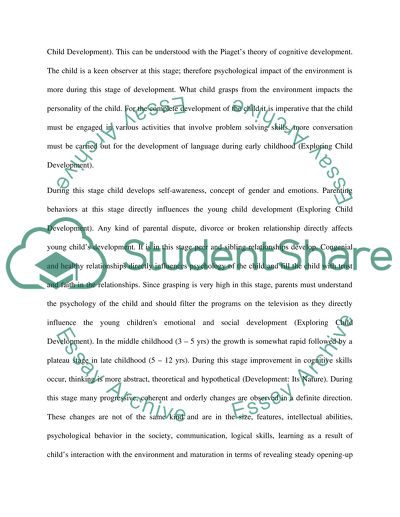The Major Psychological Findings on the Intellectual, Emotional, and Term Paper. Retrieved from https://studentshare.org/psychology/1529485-child-psychology-essay
The Major Psychological Findings on the Intellectual, Emotional, and Term Paper. https://studentshare.org/psychology/1529485-child-psychology-essay.


